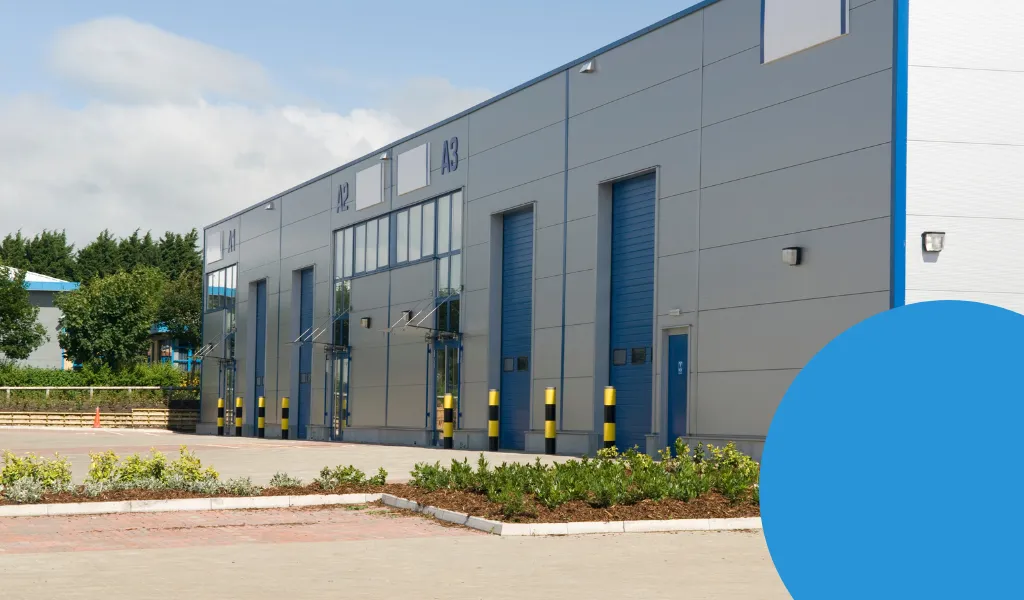An HMO (house in multiple occupations) is a type of property that can be let to multiple different households. Speaking in terms of rental yield, HMO generates a far higher yield than you can achieve from a traditional buy-to-let. There are a few specific features that are essential for the property to be declared as an HMO the whole building, or even part of the building must fall within one of the following categories. A flat or building in which more than one single household shares an amenity – for example, toilet, bathroom, or cooking facilities. This is the common type of HMO and applies to shared houses for instance professional lets, and student lets.
- Tenants share one or more amenities or more amenities in the accommodation. (defined as cooking facilities, personal washing facilities, toilets, etc).
- The building or flat does not entirely consist of self-contained units.
- When more than three tenants are occupying the building who make up more than one single household.
- There are multiple and different premises, all are separate but all three amenities that include cooking facilities, washing facilities, and toilets are used by all equally.
Alternatively, a block of the flat does not meet the building regulation standard and the owner occupies fewer than two-thirds of the flats, this is defined as a section 257 HMO, however, this type is much more common.

What strategy is involved in buying HMO?
Some HMOs can be bought or good standard houses can be converted to create space for more tenants. But when it comes to management, HMOs are more complicated than more straightforward buy-to-lets. It is complicated to manage in the sense that not only there are more tenants to manage but HMOs have also more rules and regulations attached to them as well.In a nutshell, the strategies involved in HMO are:
- Researching to find the best location for an HMO
- Ensuring that fire regulations are adhered to
- Speaking to the local officer of the HMO.
- Refurbishing the property
- Adding value
- Finding the right type of tenants.
If you are planning to convert your property into an HMO then will take a development process, where a decision about the number of rooms will need to be made. You will need to think about the number of bathrooms you need, en-suite bathroom decor, and communal spaces – right down to nitty-gritty LED, smart thermostats, TV licenses, and lighting. HMOs need to be furnished with bills included, plus there are chances of more wear and tear. You will need cash to invest in HMOs either to buy the house outright or for a deposit.
You will also need to fund the project if you are looking to convert your existing property into HMO. If you have no prior experience investing in property, there is no reason why you cannot buy HMO but it is important to understand that HMOs are more complicated than buy-to-lets. As such, the thing that will simplify it for you is your due diligence to make sure before investing that there is rental demand in the area where you are looking to invest and that you have properly organized your finances.
HMO is perhaps one of the best ways to make a high return on property. HMOs make sure of higher rental yield, for example, if you charge a family £800 per month for a home while if you rent out four bedrooms at £300 a month could net you £1,200, or an extra 50% income.
Pros:
- High demand: currently there is a strong demand for HMO tenancies. People struggle to get on the property ladder and those who are first-time buyers fall back on the rental property for some time.
- Compared with single lets, HMOs yield higher rental income.
- HMOs diversify your income streams: if one of your tenants stops paying rent, you will get income from the others.
- Less void periods: there is less risk involved in a void period for an HMO if compared with a traditional buy-to-let market where void periods are real problems because an entire property is empty and you have no rental income. When it comes to HMO you are not dependent on one single room if one room is vacant, you are still getting income from the other rooms.
Cons:
- It requires more intensive management
- There are more regulations in place to comply with
- Compared with a single let, it is harder to get a mortgage.

HMO is an individual or company investment?
One of the important questions many landlords owning (HMOs) face is whether to operate as a limited company or as a private individual. Over recent years, the latter has grown in popularity, particularly since 2017 when the government began to reduce tax relief for individual property investors. In 2020, according to estate agency Hampton, 41,700 new landlord limited companies were created, up 23% from the previous year. Now there are nearly a quarter of a million such companies. Given all the points, the best approach is the one you adopt keeping in view your set of circumstances. So, whether you have a few years of experience or you are an HMO first-time landlord, it is important to take into consideration all the relevant factors before making an informed decision.
How tax applies to HMOs?
You pay income tax on your profits as a private landlord, according to your annual income, at a rate of 20% for basic-rate taxpayers while if you are a higher-rate taxpayer, you pay up to 45%. Corporation tax on limited companies’ profits was 19% regardless of the annual income of the company. But this rate has changed in 2023, the companies generating £250,000 profits and above will pay 25% tax.A previous rate of 19% will continue to be applied to the companies generating £50,000 or less profit.
TAX Relief
The amount of tax relief that a private landlord can claim has gradually reduced since 2017. As of the year 2020/21 tax year, private landlords can no longer deduct financial costs from the rental income like HMO mortgage interest payments. Instead, mortgage finance costs are subject to a 20% reduction of the basic tax rate.
Filing accounts
Operating as a limited company comes with more statutory responsibilities and administration costs such as filing accounts with Companies House and completing an annual tax return. It also includes costs such as accountancy fees. Managing your HMO portfolio as a private landlord will require you to keep annual paperwork to a minimum and finance more informally.
Interest Rates On Mortgage
Compared with a limited company, interest rates tend to be lower for private landlords. Despite having popularity, HMO mortgages are still thought to be a niche product, and expert advice is essential for an HMO mortgage to find the right deal. This will make sure the profits made from the rental incomes are maximized, reducing the impact of associated costs.
Liability
Private landlords are themselves liable for any accident caused by a fault at their property. For example, if a tenant gets injured and sues you, your personal finance could be at risk. While on the other hand, when it comes to a limited company, as the name suggests, your personal finances are more protected and you have limited liability. In case such an incident occurs, a tenant sues following an accident at the property, and liability to the value of your financial investment in the business will be limited. You can further mitigate the risk by taking out personal liability insurance and professional indemnity.
Access to profits
As a private landlord, you are fully authorized to use your earning as you wish. You have full access to your profits at any time for your personal use. But the case is largely different when it comes to accessing the profits of a limited company as it is a legal entity in its own right, with profits and assets belonging to the company. This means you can draw profits as a salary and keep records of all these transactions.
Is it possible to get a mortgage for a limited company HMO?
Yes, there are many specialist HMO mortgage lenders such as Precise, Paragone, and Aldermore who are willing to help you finance the purchase of a property happily. HMO is trade or investment?HMO can be a great source of investment, especially if you are interested in quickly increasing your rental income. Compared with other buy to lets investment, HMOs have higher occupancy rate and offers more flexibility with tenants, meaning higher returns both in the short and long term.
In conclusion
Like any other property investment, you need to conduct extensive research when considering an HMO property investment. There are a few things you need to pay attention to that including the local property market, finance options available to you, specific property you are looking to invest in, and legislations you are restricted by. Investments in HMO property present several unique challenges but these are not unconquerable, and with careful management, advice, and planning, an HMO property can offer you regular and dependable income.


